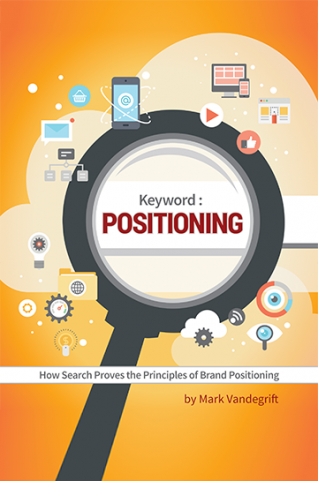LeBron James, Donald Trump and many other celebrities know that each of us must be known for something. We need to market ourselves to further our careers. Determining how to brand yourself is more important than ever.
Brand thyself
Oprah, Johnny Depp, LeBron James, Donald Trump and Taylor Swift are strategically building their brands. What about you?
Millennials are likely to hold seven to nine or even more jobs in their lifetime. Our grandparents had only one or two jobs, along with the promise of a pension, for their 35 to 40 years of hard work and loyalty.
Times they are a-changin’.
The increasingly competitive job market exacerbates the issue, making it more important than ever for each of us to stand for something — to be known for something. We need to market ourselves to further our careers. You are the CEO of You, Inc. You need to figure out how to brand yourself.
We brand products. We brand services. You can (and should) brand yourself.
The formal term is personal branding. Just like with positioning products and services, individuals need to differentiate, or distinguish, themselves. You already have a digital footprint, a brand of sorts. The question is: Are you going to guide and cultivate your brand?
Just as a brand cannot be all things to all people, neither can you.
Step 1: Find your brand
It starts with finding what makes you different. What are you passionate about? What do you have a knack for? What one idea can you stand for? What are you most proud of? What is most remarkable about you?
Just as with product positioning, differentiation is the most critical and usually most difficult step. The attribute or idea that sets you apart from everyone else cannot be a fabrication; it must be authentic.
Your differentiation also must represent a value so that you can be compensated. As Apple’s Steve Jobs said, “Your time is limited, so don’t waste it living someone else’s life.”
Step 2: Create your brand
After you have found your brand, it’s time to grow it. You must be relentless in creating and building your brand. Online marketing is the most efficient method. Online activities, though virtual, can affect the “real” world.
Employers use social media to vet candidates before interviews.
Craft your social media platforms carefully to align with the brand you want to create for yourself. How you package yourself can make the difference in getting that next job offer.
LinkedIn is huge in personal branding. It is the search engine for people; LinkedIn has become the indispensible platform to brand yourself and get that job or promotion.
It begins with setting up your profile page. It’s like a resume on steroids.
Then you’re ready to make connections. With a little research, you will learn it is easy to make connections and how to ask for introductions to their contacts. Many people spend a half-hour each day on LinkedIn cultivating their contacts and making new ones, as well as posting original or shared content.
Joining LinkedIn groups that match your brand position will lead to sharing posts, articles, videos, industry trends and conversations.
Done successfully, over time you’ll get endorsements and recommendations. Your content is king. It’s also important to understand who you are targeting. The focus of your content must be directed to your target audience.
As with websites and other social media platforms, LinkedIn is searchable, which is key for people looking for people like you. Search is based on keywords, so include keywords with which you’d like your profile page to be optimized.
You can find tutorials on using LinkedIn directly on its site and through third-party resources. Tutorials are well worth the time and effort, as the return can be significant.
Create and follow a brand strategy
While LinkedIn is the No. 1 social media platform for most in the professional business world, there are other online marketing venues and tactics that should be considered: Facebook, Twitter, YouTube (videos), email marketing, your own personal website, blogging, podcasting, Pinterest, Instagram and more.
As you build your personal brand, don’t overlook the tactics that worked before social media became so important.
The offline world is alive and well, so dress in a manner that helps to build your brand. Everyone should have a business card featuring words and graphics to communicate their brand position uniquely.
Be purposeful with all that you do and say and remain a lifelong student of your industry.
Consider teaching at a local university. Pursue speaking, panel and workshop engagements in your community and in your industry. Join organizations and industry groups that align with your position. Develop relationships with key journalists and bloggers. Be selective about your network of friends, clients and colleagues. All your decisions should be put through a filter that asks: “Will this activity grow my brand?”
Remember, you are in control of how You, Inc., goes to market. You determine how to brand yourself. Personal branding reminds me of a great line from playwright George Bernard Shaw: “Life isn’t about finding yourself. Life is about creating yourself.”



